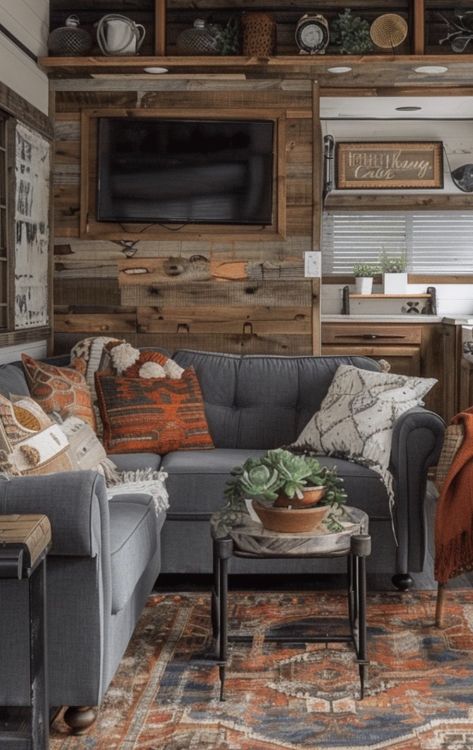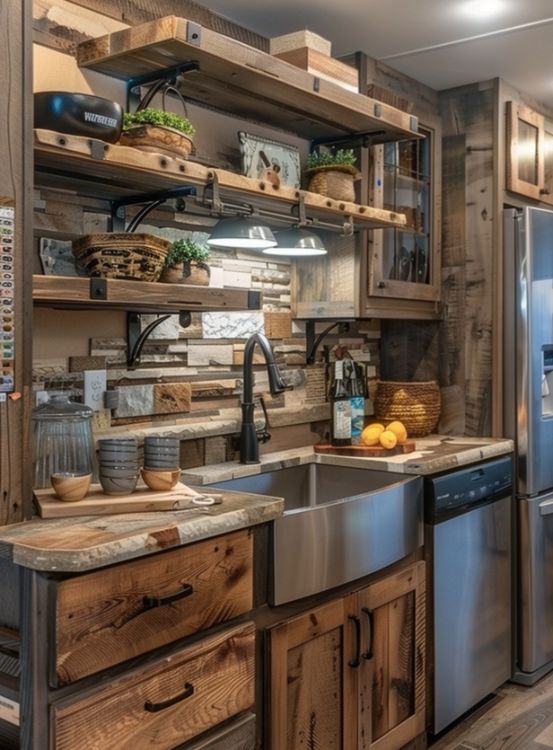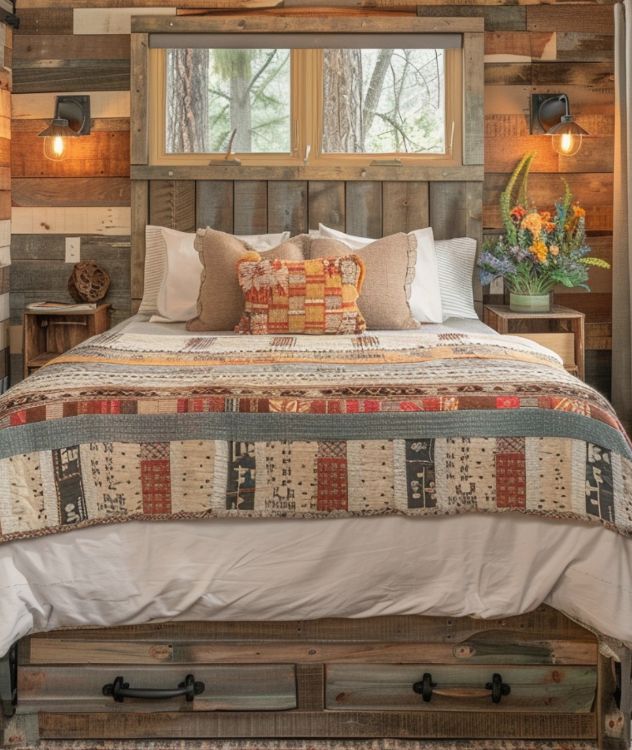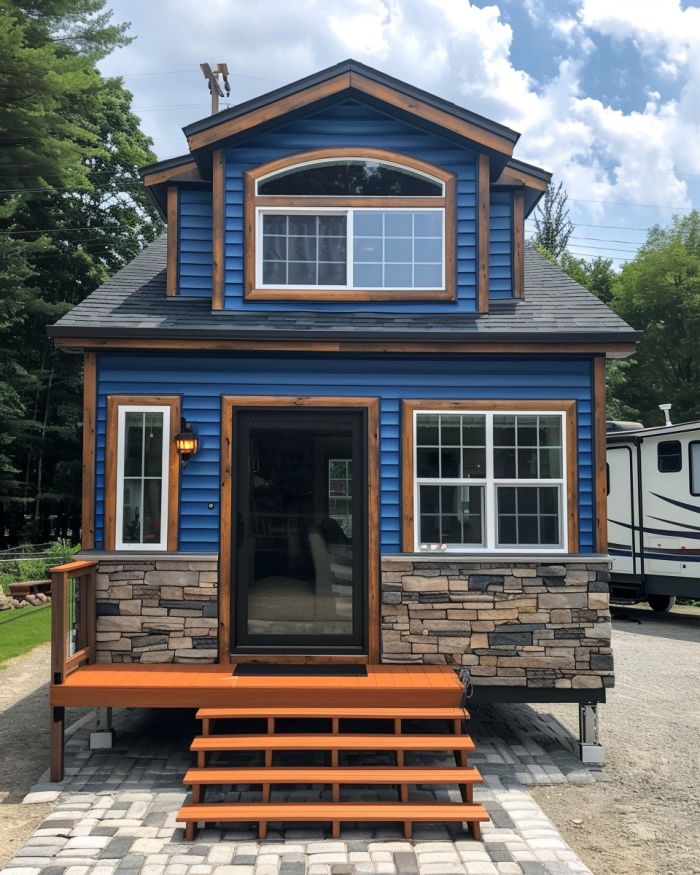For months, David had made the city’s park benches his bed. Wrapped in an old coat and using his backpack as a pillow, he drifted in and out of restless sleep each night. He had once lived a steady life, working in construction, but after an injury and a series of setbacks, everything unraveled. Without work and with no family nearby to lean on, David fell into homelessness.
He tried to hold on to dignity, but life on the streets was unforgiving. The cold crept into his bones, meals were uncertain, and every day was a battle just to get through. People passed him by with a glance, rarely stopping to ask if he needed help. Slowly, hope began to fade.

One chilly evening, as he curled up on a bench under a flickering streetlight, David heard a soft voice. “Follow me,” a stranger whispered. Startled, he looked up to see a middle-aged woman standing there, holding a bag of food. She smiled warmly and repeated, “Come with me. You shouldn’t be out here tonight.”
At first, David hesitated. Life on the streets had taught him caution — kindness was rare, and promises often came with strings attached. But something about her gentle tone, the genuine concern in her eyes, made him stand.
The woman, named Claire, led him to a community shelter where volunteers welcomed him with hot soup and a warm blanket. For the first time in months, he slept indoors, safe from the biting cold. But Claire didn’t stop there. She told David about a local program building tiny homes for people like him — people who needed more than a night of safety; they needed a chance to start again.

Two days later, Claire returned with news that would change David’s life: one of those tiny homes had been prepared just for him. When she placed the keys in his hands, he stared in disbelief. “This can’t be real,” he whispered.
But it was.
The house sat on the edge of a small community of similar homes, surrounded by trees and fresh air. Modest on the outside but thoughtfully designed inside, it had everything David needed — a bed with clean sheets, a small kitchen stocked with food, and a bathroom with warm running water. For a man who had gone months without the comfort of privacy or safety, it felt like a palace.
When David walked into the living room and sank into the soft chair, tears filled his eyes. He no longer had to worry about who might approach him as he slept, or where his next meal would come from. This space — these four walls — gave him something far more precious than comfort: dignity and hope.
That night, David cooked himself a simple meal, sat at his own table, and ate slowly, savoring every bite. Later, as he lay down in bed, he whispered into the darkness, “Thank you.”
The stranger’s whisper — “Follow me” — had led him not just to shelter, but to a future he thought he’d lost forever. 

Leave a Reply